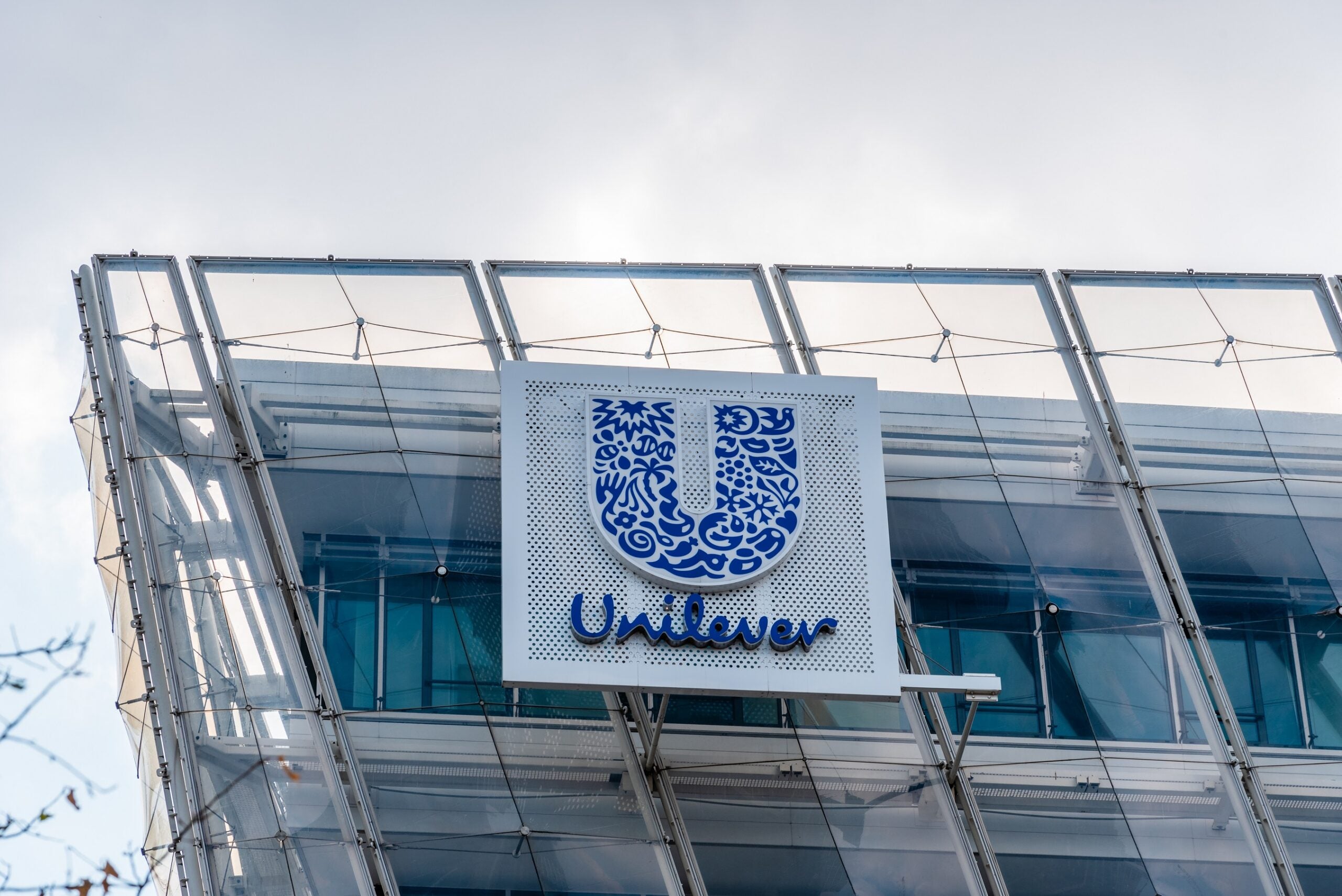
Unilever said today (25 July) it will continue to try to raise prices on its food products amid “volatility” in commodity costs.
Underlying first-half volumes from the Magnum maker’s two food units – nutrition and ice cream – were down 1.9% and 5.2% respectively in the first half of the year, versus a 0.2% decline for the FMCG giant’s overall business.
Looking at its food units, Unilever reported a 12.6% rise in “underlying prices” within nutrition and 11.5% within ice cream. CFO Graeme Pitkethly said the units were behind the rest of the company’s portfolio in terms of catching up with inflation.
“Nutrition and ice cream remain at an earlier stage in the inflationary cycle due to their ingredient profiles, and have a greater footprint in Europe, where it is harder to increase price to cover cost inflation,” he said.
Pitkethly added: “We’ve continued to face cost-of-goods inflation, particularly in nutrition and in our ice cream, requiring further pricing which has resulted in some short-term turnover losses. Whilst most price agreements have been reached, there are some ongoing negotiations in Europe that have resulted in pockets of lost turnover in a couple of markets.”
Recently-installed Unilever CEO Hein Schumacher, who took the helm earlier this month, chipped in with “a word of caution” during a call with analysts to discuss the company’s first-half results, hinting at Russia’s withdrawal from the Black Sea grain deal and the unusually hot weather in some parts of Europe.
“There are pockets, and particularly on agricultural commodities, where we’re seeing high volatility,” Schumacher said. “If you think about a drought in southern Europe, if you think about geopolitical events, for example, pressure on grain and related volatility and what that might likely bring, there might still be certain pockets. And primarily in food, where we would see continued inflation and hence a need for us over time to price.”
Pitkethly answered most of the questions from analysts, with Schumacher taking a relative backseat after only taking up the CEO role on 1 July. However, the former FrieslandCampina chief did outline some of his priorities, including better innovation, outpacing the competition and putting a “sharper focus” on sustainability.
Unilever’s SKU review
Pitkethly – himself standing down next May – pointed to a 17% reduction to SKUs in the past 12 months and a gross margin that is still some 270 basis points below H1 2019 levels.
Pitkethly quantified the reduction in SKUs – a larger 25% over the last 18 months – which will have a “short-term impact on our market share measure”.
“These are big numbers,” he said, linked to last year’s business reorganisation, with some 86,000 SKUs eliminated, including some “low profitability” units in the Hellmann’s dressings and Knorr categories in the US and a cut in SKUs for Unilever’s “tubs business” in Europe,
“It’s very difficult, obviously, to measure what the turnover impact and market share impacts specifically of those things are because they’re net reductions as we launch new SKUs,” Pitkethly explained. “But we think that the 17% reduction equates to about two to two-and-a-half percent of our turnover at a global level.”
Turnover in the first half rose 2.7% to €30.4bn ($33.58bn), with underlying sales growth (USG) up 9.1%.
Underlying operating profit increased 3.3% to €5.2bn, with the margin rising ten basis points to 17.1%. The gross margin was up 30 points but has been in steady decline since the second half of 2019.
“It’s worth highlighting that our gross margin still remains quite significantly below our historical level,” Pitkethly said, but has “started to improve in the first half of 2023 driven by pricing starting to cover more of our input-cost inflation”.
Meanwhile, the CFO said private-label has picked up in the US, while “Europe remains very challenging with high inflation putting consumers under real pressure to adapt their shopping habits”.
